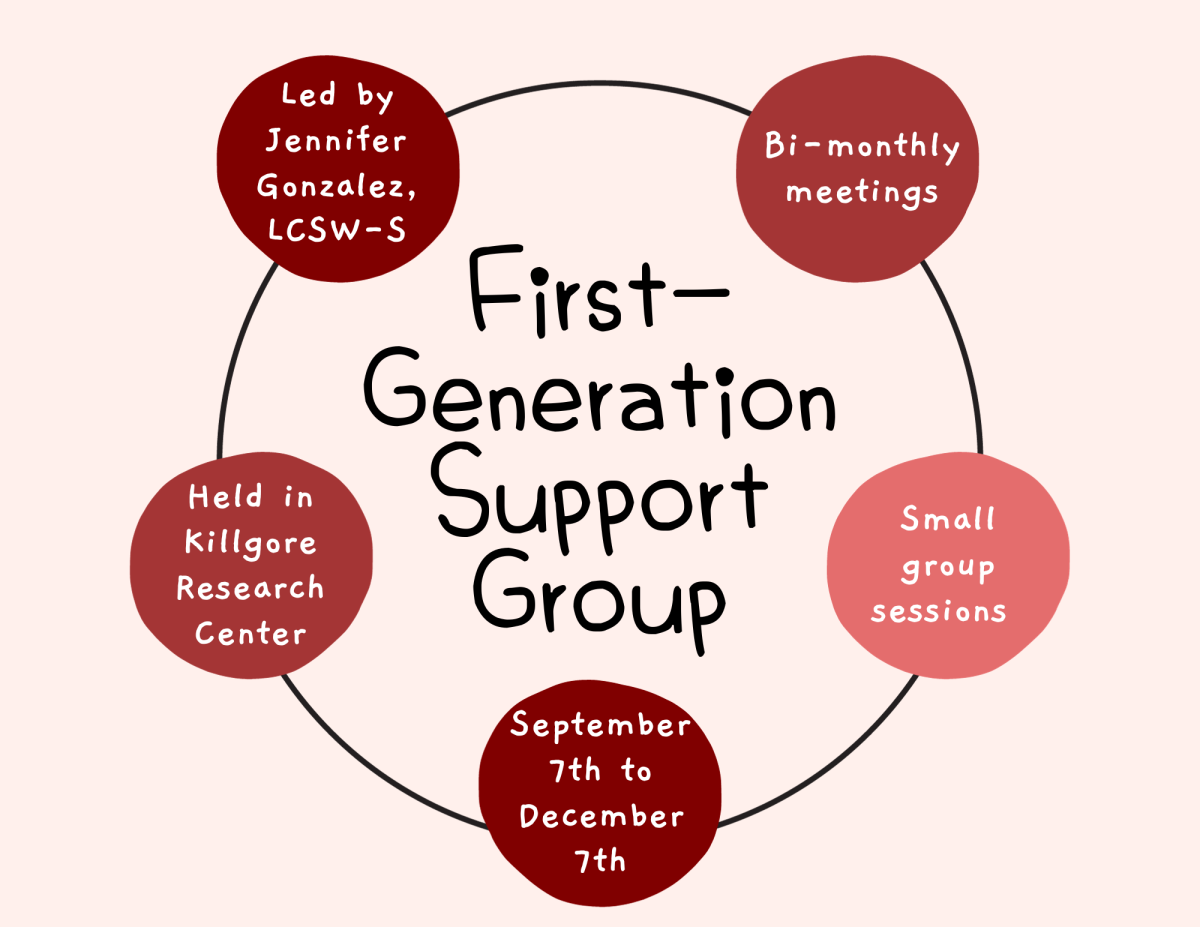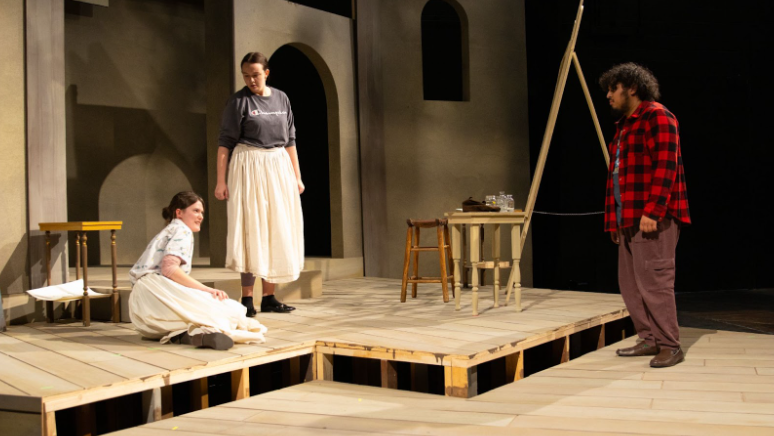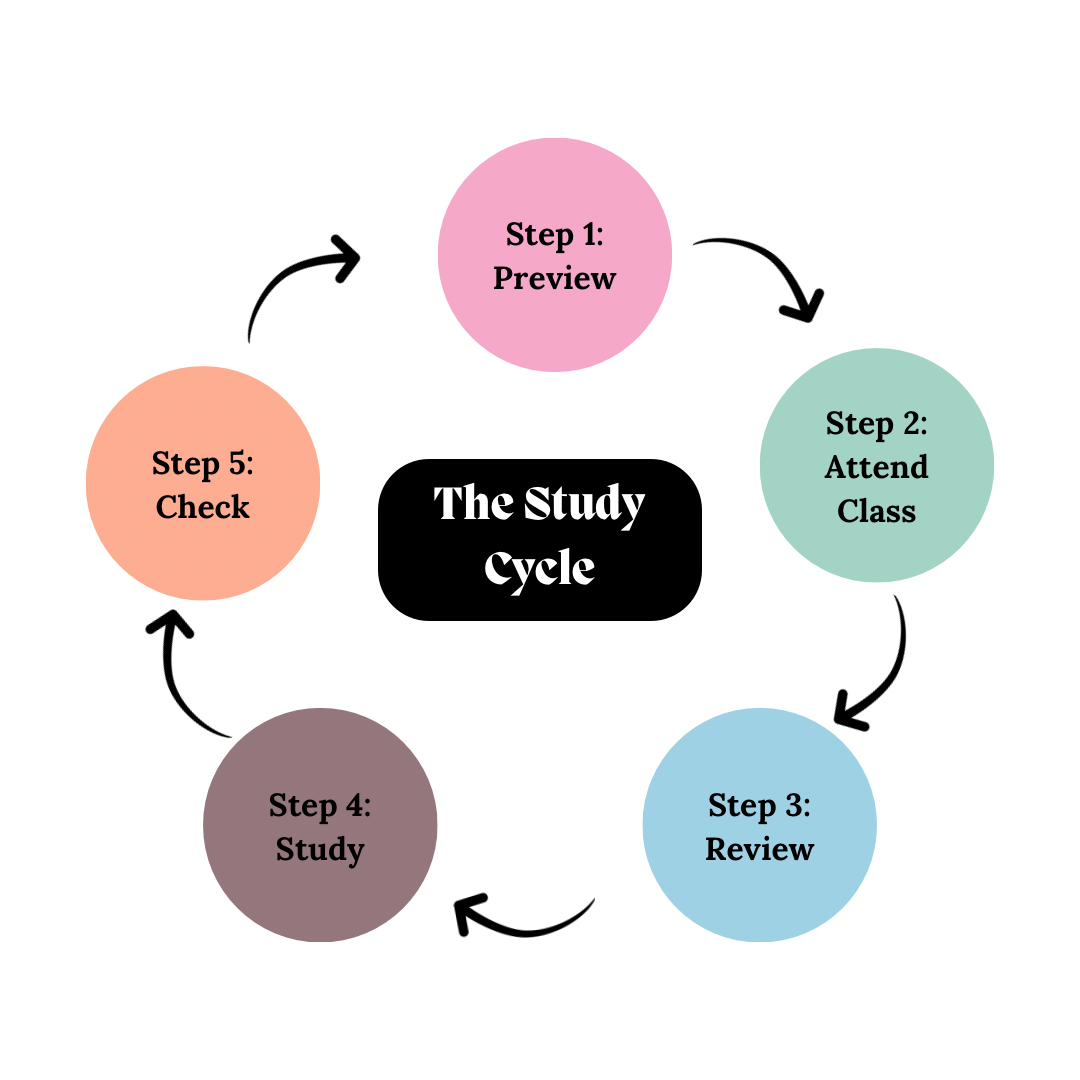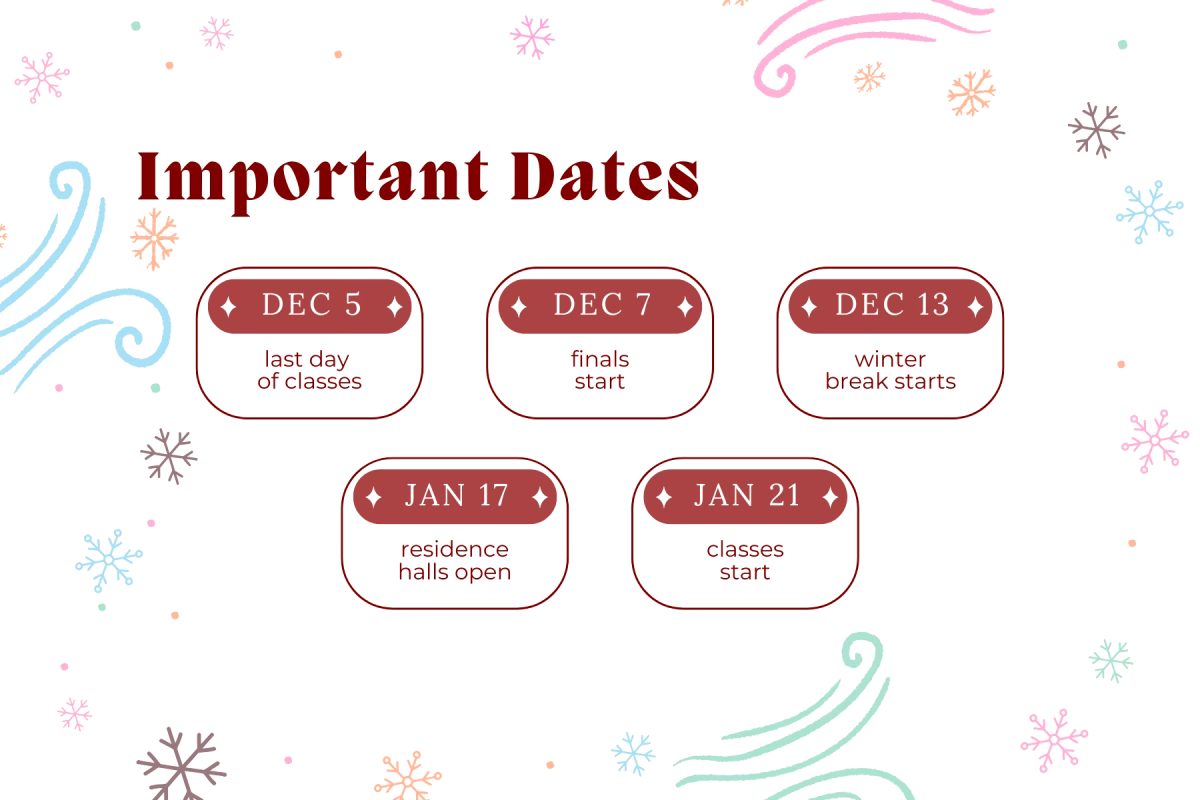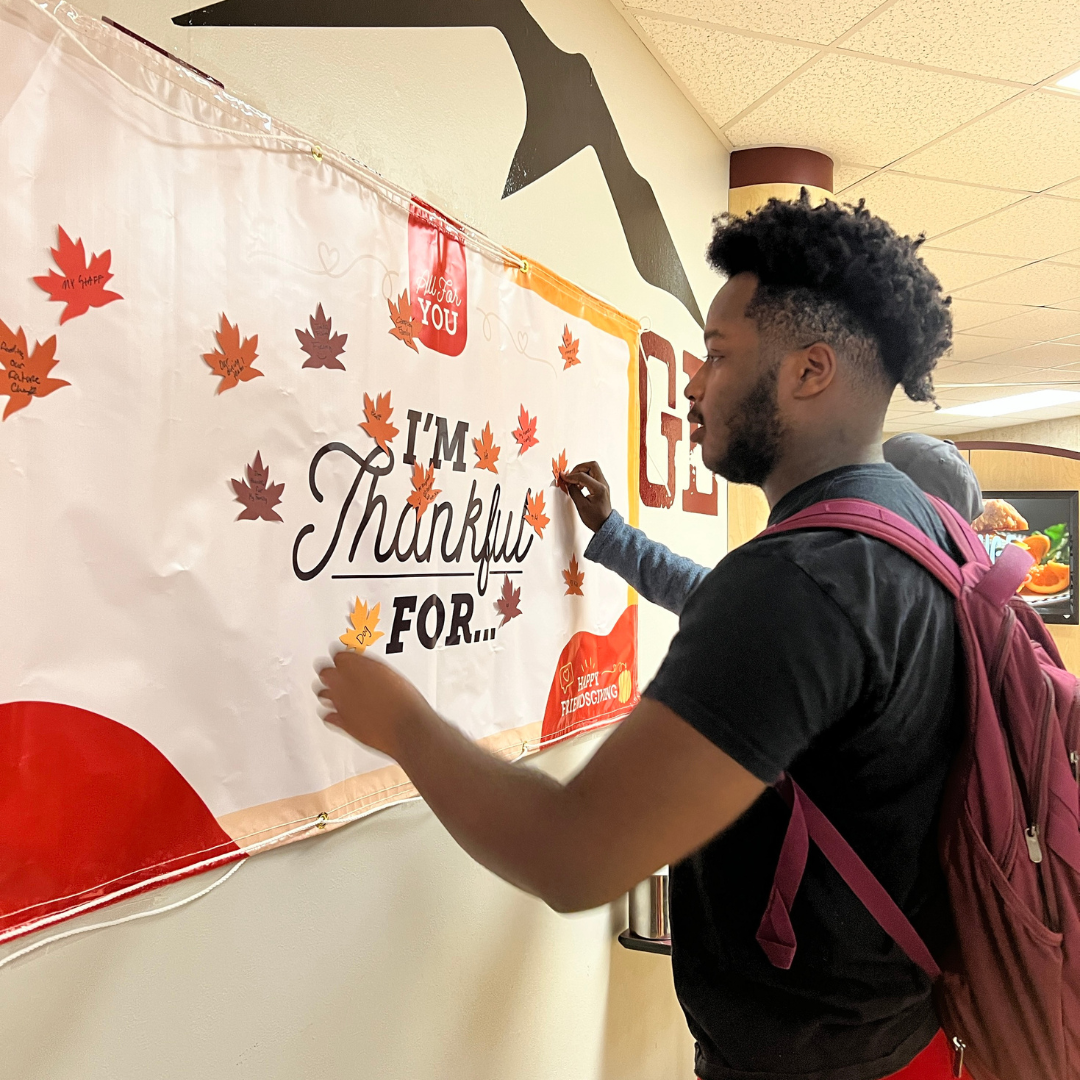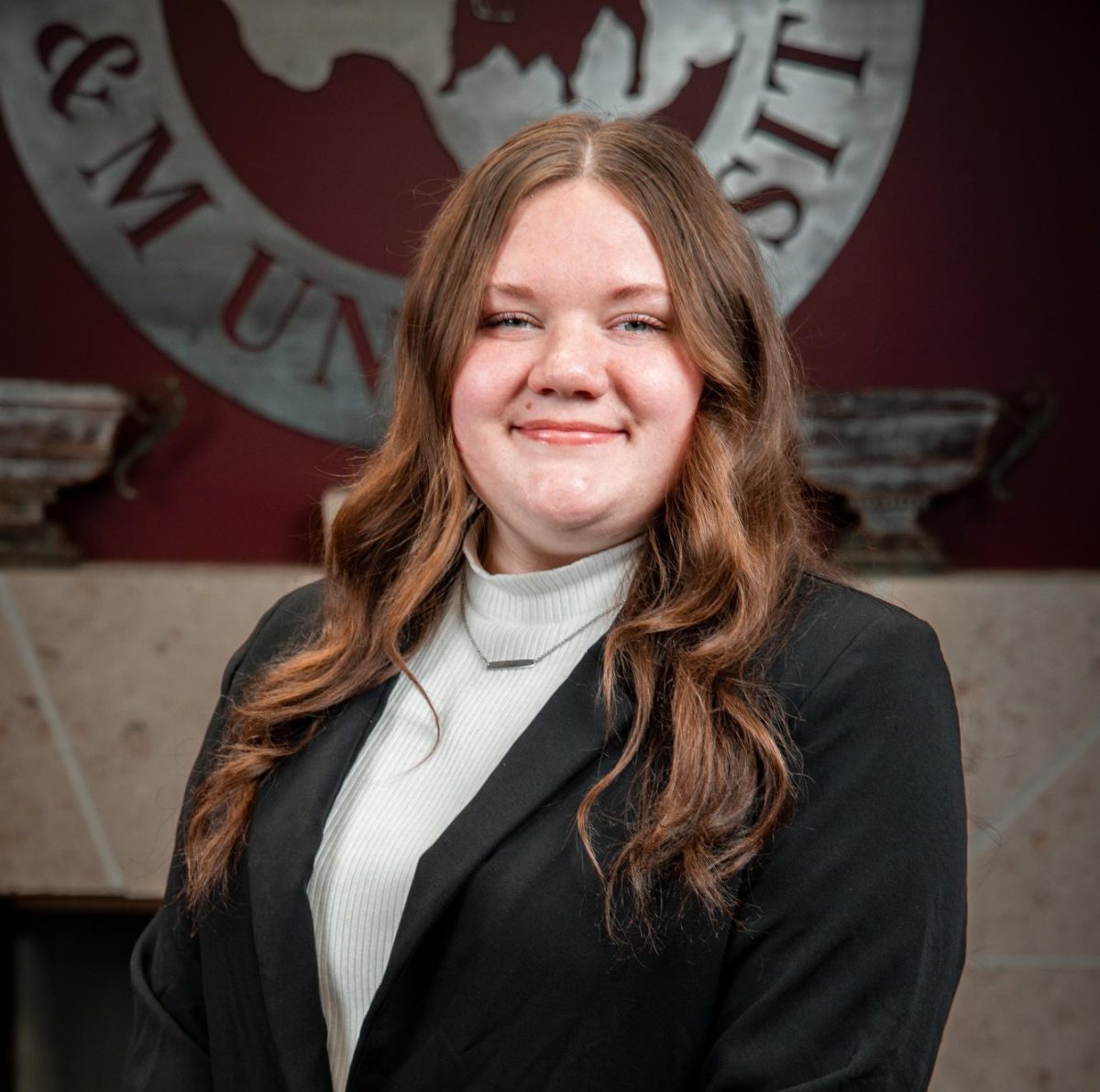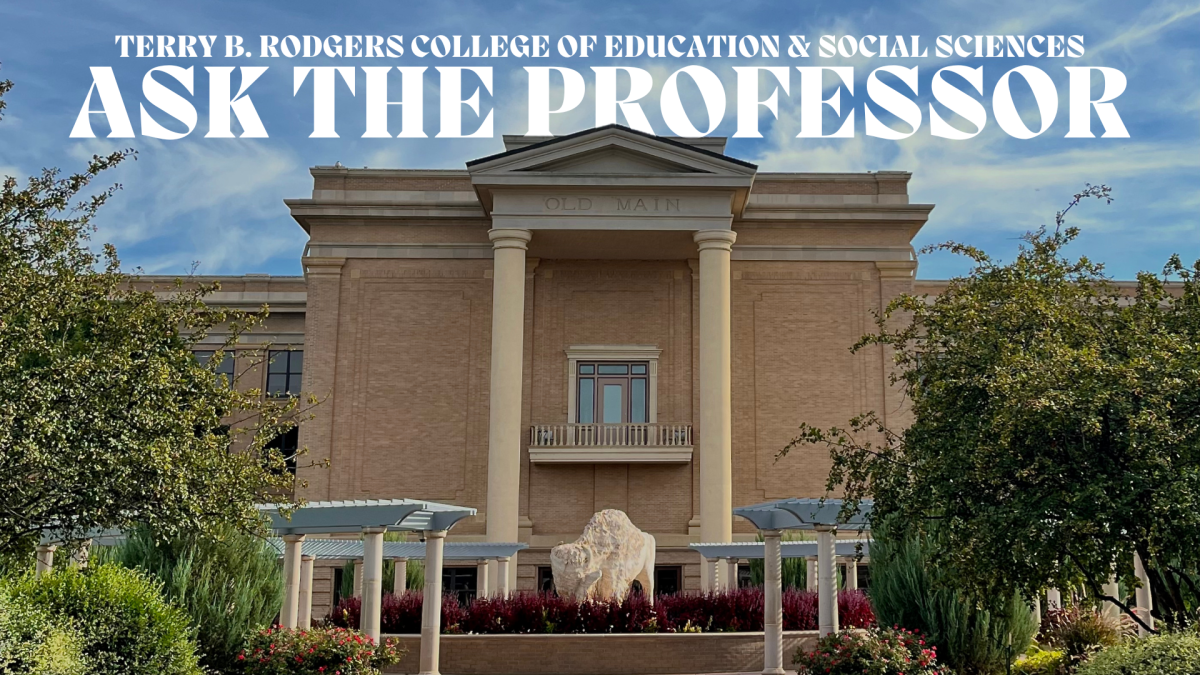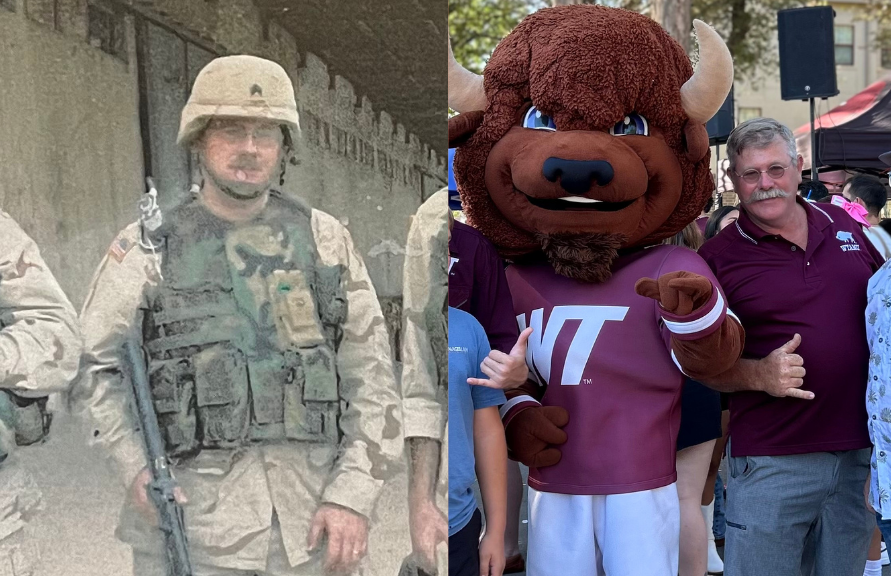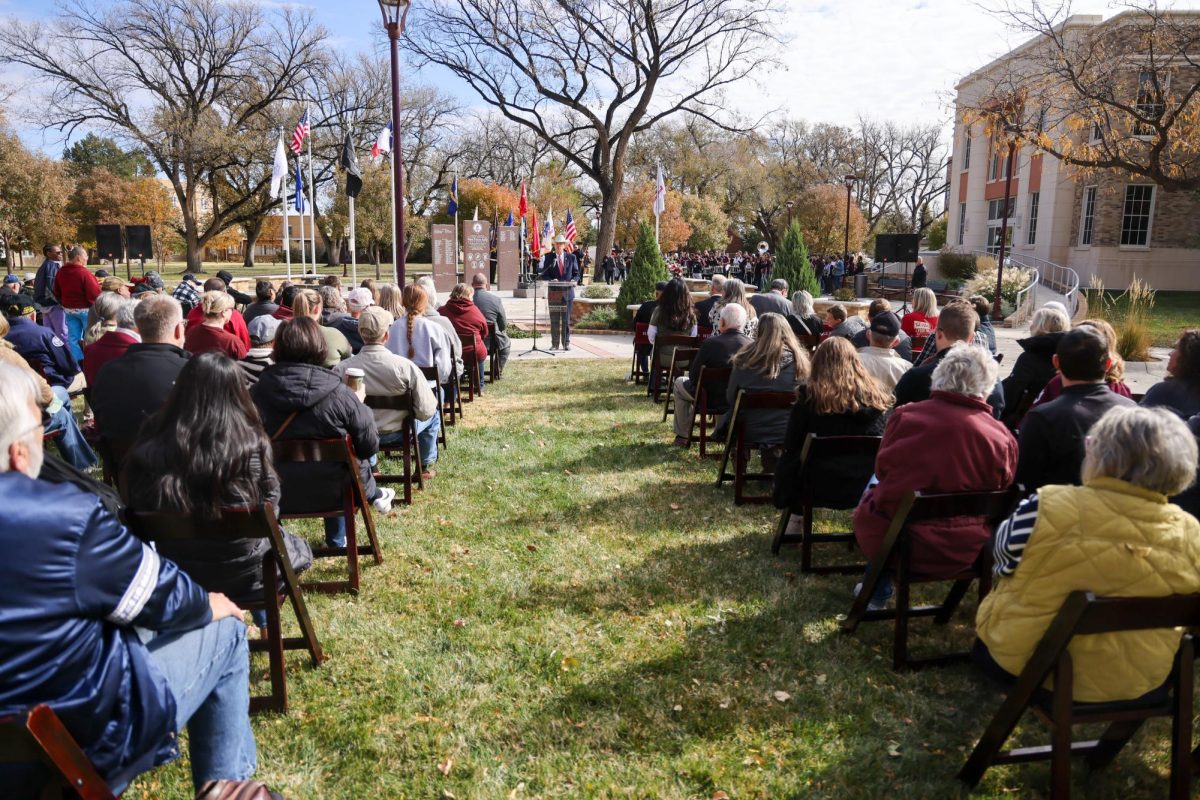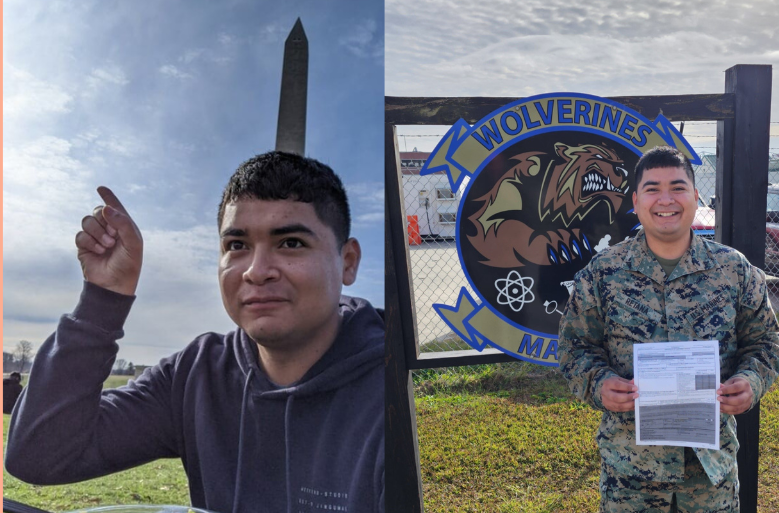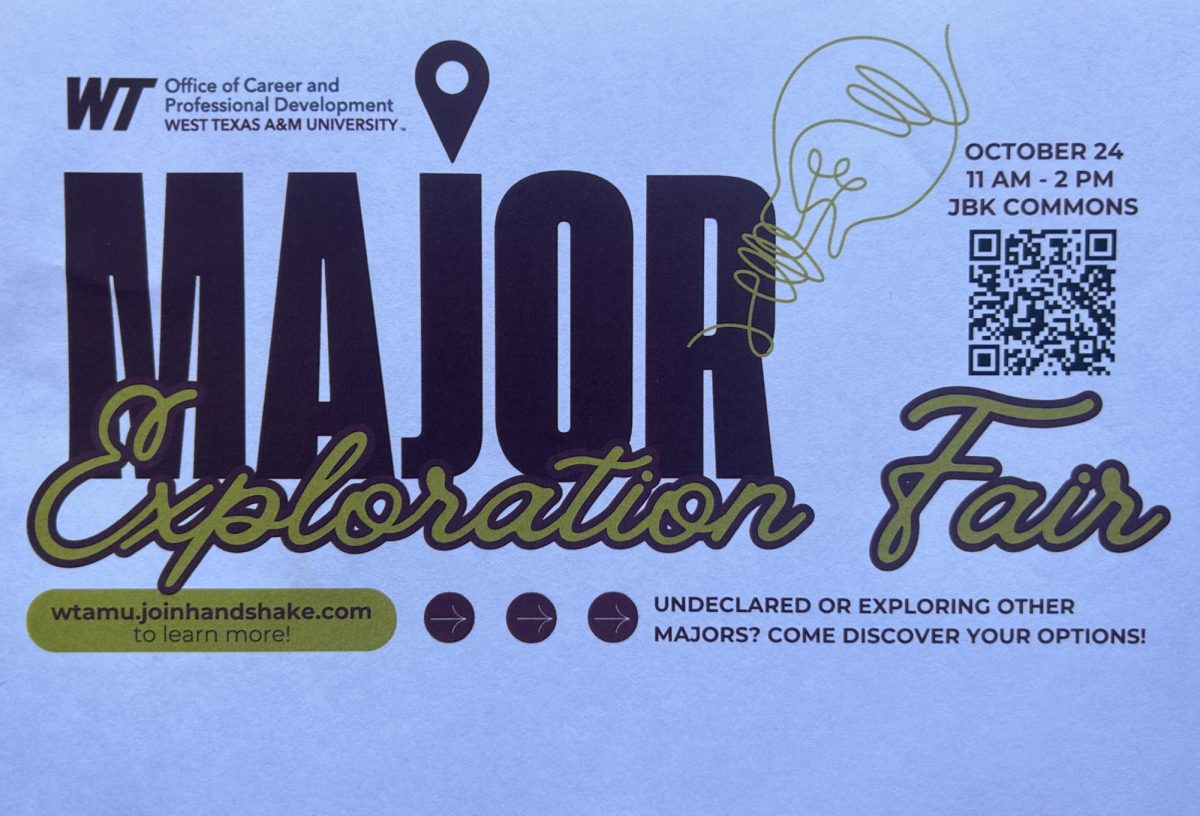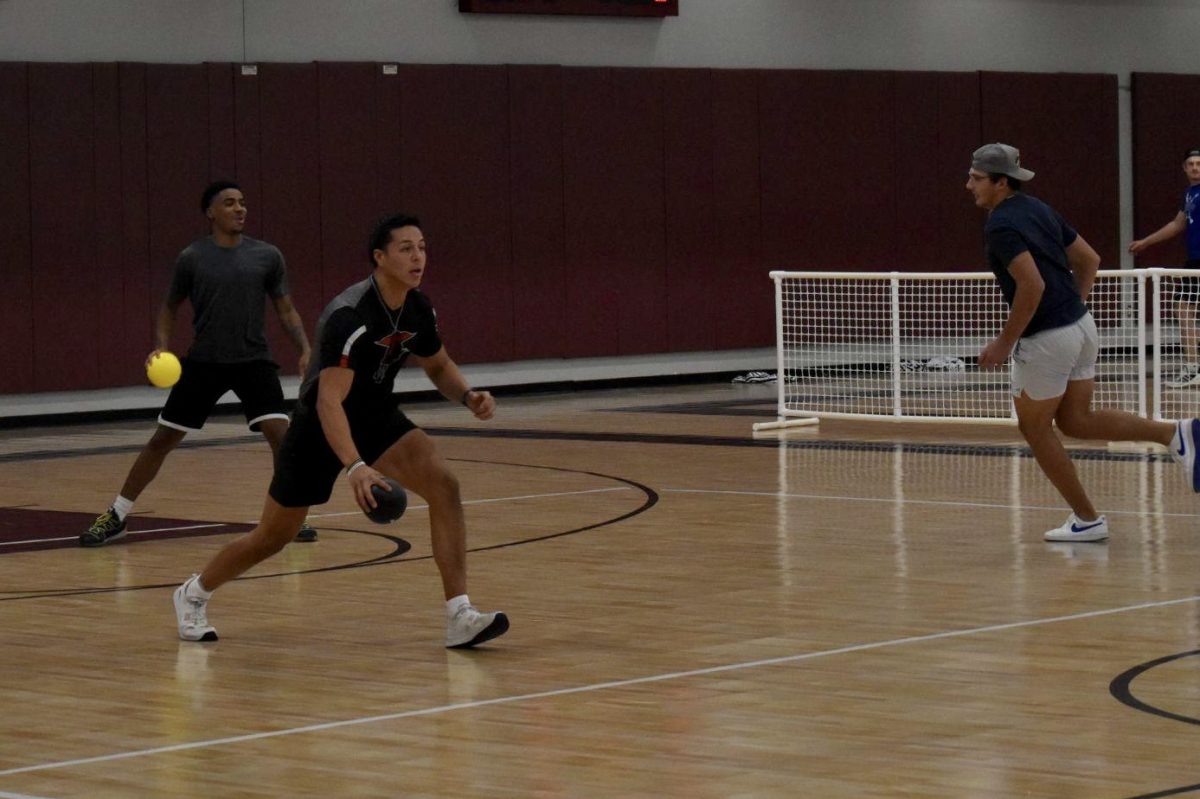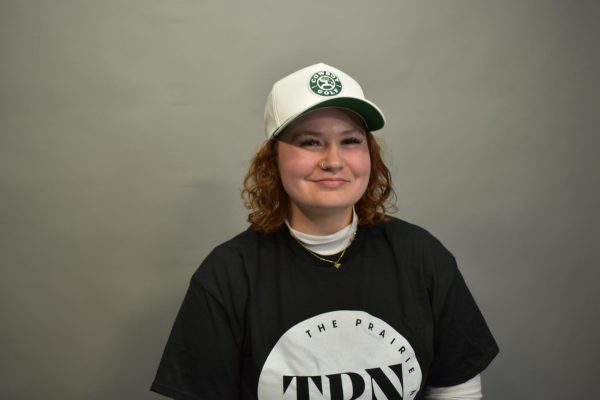Senior Director of Health and Wellness Dayna Schertler and Licensed Clinical Social Worker-Supervisor Jennifer Gonzalez created the First-Generation Support Group in an attempt to help first-generation students manage their stressors. The group sessions were implemented to help students find others like them to relate with on their struggles. The group is sponsored by WT Counseling Services and the McNair Scholars Office.
WT created an anxiety group six years ago to offer students a place to talk about what makes them stressed day-to-day.
“Initially, we had noticed an influx in the last couple of years of first-generation students who were declining with a whole bunch of stressors,” Schertler said.
Gonzalez is stepping away from her private practice to lead the support group.
“So I’m a mental health therapist, and I have a private practice,” Gonzalez said. “My actual client focus is first-generation individuals because there’s not a lot of, surprisingly, there’s not a lot of people of color, or women or first-generation individuals who are therapists. And so I catered my private practice to serve this population.”
After Schertler and Gonzalez decided the support group was necessary on campus, they began brainstorming who would be the perfect counselor to run the group.
“[Gonzalez] was a first-generation student as well,” Schertler said. “She understands the struggle, and we thought, let’s see if she can’t come and do a group for students.”
According to F1RSTGEN, 46% of the student population can and does identify as first-generation students.
“So I was like, I want to start a support group,” Gonzalez said. “I’m always thinking of what would have made a difference for me. And that’s what I’m constantly evaluating; a group like this would have done wonders for me and my friends at the time.”
Owning her practice, Gonzalez can put time aside to come to campus and lead the support group.
“The beauty of private practice, once you get away from agency in the eight-to-five world, is you can really tailor it to be whatever you’d like,” Gonzalez said. “I’ve found that I have to tailor it in a way that will make me less likely to burn out in this field, you know, being in the mental health field is, is a lot.”
The support group allows students to find people with whom they can relate and talk about their stressors together in a comfortable environment. Gonzalez said that if a student can relate to the others they are talking with, they are going to be more comfortable opening up.
“If you go to this group, you’re going to be very surprised at the number of people who are struggling with the same stressors,” Schertler said. “We found when we were doing the anxiety group, we had a lot of the kids, who have a ton of responsibility at home, also. And some of them, you know, may live an hour, two hours, three hours away, but they’re going home every weekend, and they’re going home because they have responsibilities.”
Meetings for the support group are held every other Thursday in the Killgore Research Center, room 103.
“So far, students are saying they want it to be weekly,” Gonzalez said. “But this semester, because it’s kind of like our trial run, we’re doing bi-weekly until December.”
Getting input from the students on what would work best for the group was one of the first things Gonzalez did.
“There are many different ways you can do a counseling group,” Gonzalez said. “The way I’m tailoring it is during our first session, I asked them what would be beneficial for them. I didn’t want to make it instructor-based where I get up and give her presentation, which some groups do.”
Some sessions might be used to talk about boundaries, and some sessions might be catered to talking about a specific problem that might have occurred that week. The group can be flexible in what the topic of conversation will be for the week.
“They said they wanted to learn more about certain topics,” Gonzalez said. “So we made up a list, and they really just wanted it to be a discussion. So my goal for the group is to have, like every session, I’ll have something prepared.”
Creating a group that will be a safe option for students requires there to be constant familiar faces in the room.
“I think they’re planning on closing the group around mid-October so they can have that core group,” Schertler said. “So the more people who show up now, the better. And if it is successful, it will probably offer it in the spring.”
Since the group is still new, Gonzalez has to build from the ground up and decide topics of what to talk about.
“I’m building up my curriculum depending on what the presenting issues are,” Gonzalez said. “They gave me a lot, so we won’t be able to cover everything. But I just think, because they gave me a lot, it really solidified how much support they need. Like they, they really, we need to do more. And so I’ll only be able to cover so much of it. But the plan is to keep this group going.”



